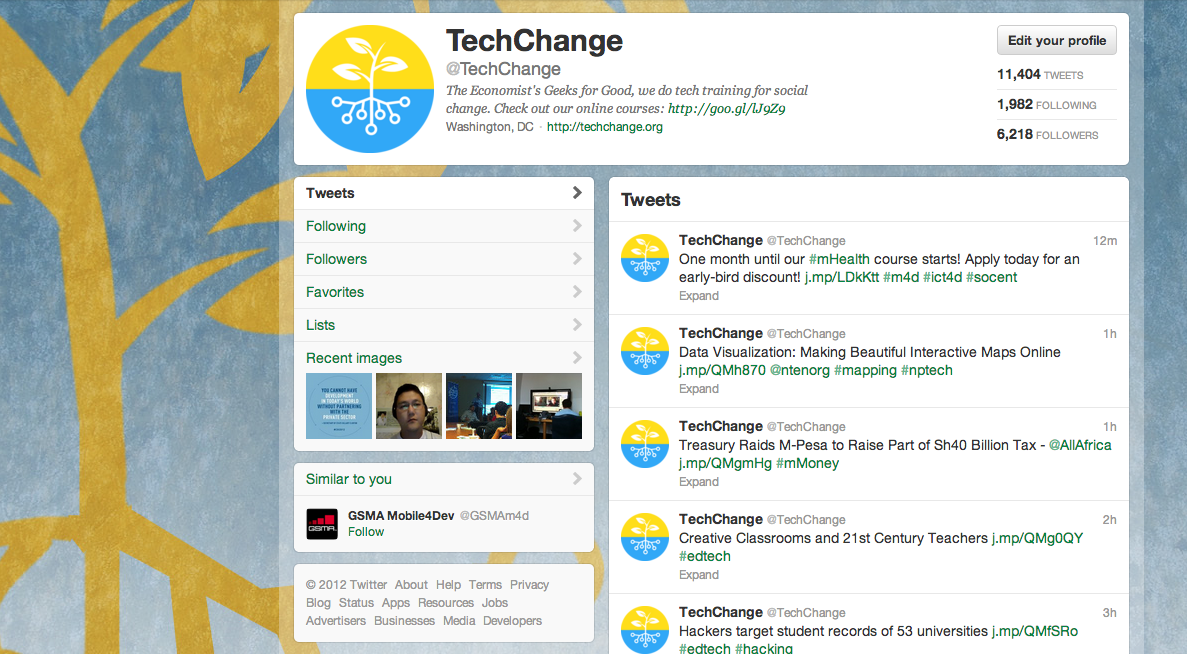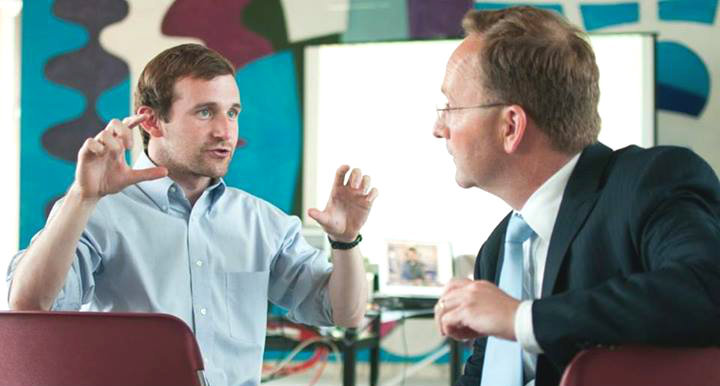Online learning for international development is heating up. As educational technology companies raised half a billion dollars in Q1 of 2014, USAID is already exploring how to incorporate new technology with proven development methodology. New attempts to bridge these worlds have given rise to the Global Development Lab, a new entity within USAID seeks to apply science, technology, innovation, and partnerships to extend development impact.
Unfortunately, the government has a shaky record when it comes to management of technology procurement, most recently evidenced during the HealthCare.gov rollout. However, there are hopes that the high visibility of such failures are creating an appetite for real improvement in tech management. One such example is RFP-EZ initiative, which seeks to provide easier access to small technology companies to the Federal Government’s nearly $77 billion information technology supply chain so that “government agencies get to work with innovative small firms with solutions that can help make government agencies more efficient and streamlined.”
Video 1: Short animation intro to the World Wide Web 25th anniversary.
But is easier tech procurement the answer when there isn’t a clear path forward? Even universities — the far smaller institutions on the front lines of the ongoing MOOC (Massive Open Online Course) disruption — aren’t ready to embrace online learning, often lacking appropriate teaching methodology, ability to produce multimedia content, or even a clear business model. Not that the situation is any better among edtech firms, where even the leading MOOC provider, Coursera, is barely two years old and still experiencing growing pains in refining a model that combines scalable content with interactive courses.
Enamored with potentially scalable returns of technology, USAID is promoting a cutting-edge approach for development practitioners accustomed to delivering in-person workshops in low-bandwidth environments. But this hope that development organizations can become more tech-savvy if given the opportunity and incentives for process change is running into real barriers of cost for popular, if unproven methodologies.
Video 2: Short animated illustration laying out challenges in ICT4D
But how can technology lower the barrier to entry for development organizations entering the edtech space, as well as minimize the costs of changing strategy to fit new tech options at a later date? The bespoke learning management systems currently being acquired by development organizations may prove costly — not just in terms of technical expertise to maintain, but in terms of limiting options for later pivots.
Worse, the long funding cycles may exacerbate the challenges of fitting the hype-bust failure cycle of Silicon Valley with the conservative, incremental change of Washington, DC. As Charles Kenny cautions in Foreign Policy:
“When working with new technologies and approaches, we should expect lots of failures. Tech entrepreneurs are used to a culture of failure…But the advantage of the system in which they operate is the market test. As a rule, the bad ideas go bankrupt…
But by moving the model to development, we’ve taken tech entrepreneurs’ high tolerance for failure and penchant for hyping harebrained schemes to an arena where the market test is considerably diluted. Ideas get funding from Kickstarter and philanthropies on the basis of their appeal to donors and philanthropists in the West rather than consumers in Africa.”
One solution could be to replace long-tail technology procurement with simpler service plans. As the world of Everything-As-A-Service eats the private sector, perhaps we can finally start to decouple the ability to write software from the urgency to solve pressing problems for people all over the world.
*Featured image: Rajiv Shah at Global Development Launch. Source: USAID
** Made a few edits on 8/13/14 @ 2:20pm to correct a few typos and rephrase some of the more poorly written sentences.



